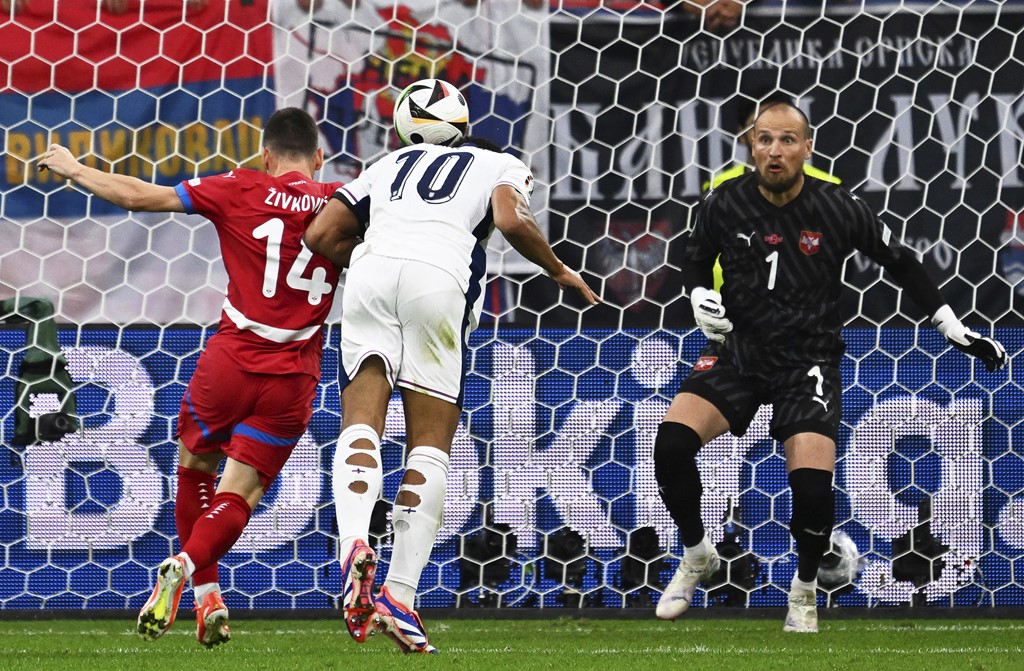England beat Serbia in their Euro 2024 opener, but one stat shows how unconvincing their victory was.
Jude Bellingham’s only goal in the 13th minute from a flying header helped England win the opening match in all four major tournaments under coach Gareth Southgate (Euro 2020 and 2024, World Cup 2018 and 2022), only One win less than in their other 23 major tournament appearances (5 wins, 11 draws, 7 losses).
Serbia, on the other hand, have lost 10 of their 13 games at major tournaments as an independent nation (W2 D1 – World Cup/Euro), failing to win any of their last six since beating Costa Rica 1-0 at the 2018 World Cup (D1 L5).

England beat Serbia with an expected goals ratio of only 0.54
Having barely given opponents a chance to threaten their own goal, the Three Lions have now kept five clean sheets in their last five group stage games at the Euros, the longest such run in the competition’s history. However, it is this compactness that has contributed to a disappointing record.
Against Serbia, England only achieved an expected goals of 0.54. Combined with the opponent’s 0.15 level, this is the match with the lowest expected goals rate in tournament history. In fact, each team only had 5 shots, including 3 on goal for England and 1 for Serbia. Looking at the fact that Serbia and England only touched the ball in the opponent’s penalty area 10 and 11 times respectively, it can be explained why the match had such a scarcity of scoring opportunities.

Bellingham headed England’s only goal against Serbia
England’s top scorer Harry Kane had just two touches in the box in the first half, before heading the ball against the crossbar in the second half, which the Serbian goalkeeper blocked.
In the end, there was only a flash of Bellingham that made the difference when the midfielder initiated the attack and he ran in to meet the cross on the right wing to finish the goal. The star, who just won the Champions League with Real Madrid, became the second player to score at both the World Cup and Euro 2024 before turning 21, after compatriot Michael Owen (World Cup 1998 and Euro 2000). He is also the first European player to participate in 3 major international tournaments before turning 21 (20 years, 353 days), having played at Euro 2020, FIFA World Cup 2022 and now Euro 2024.